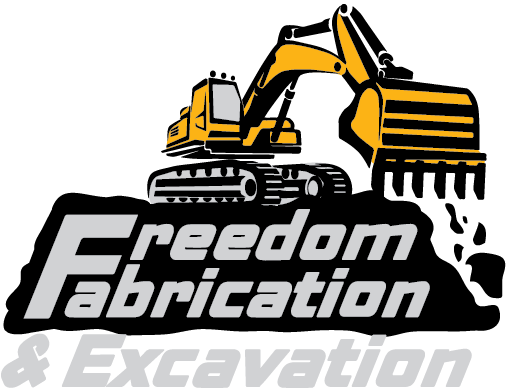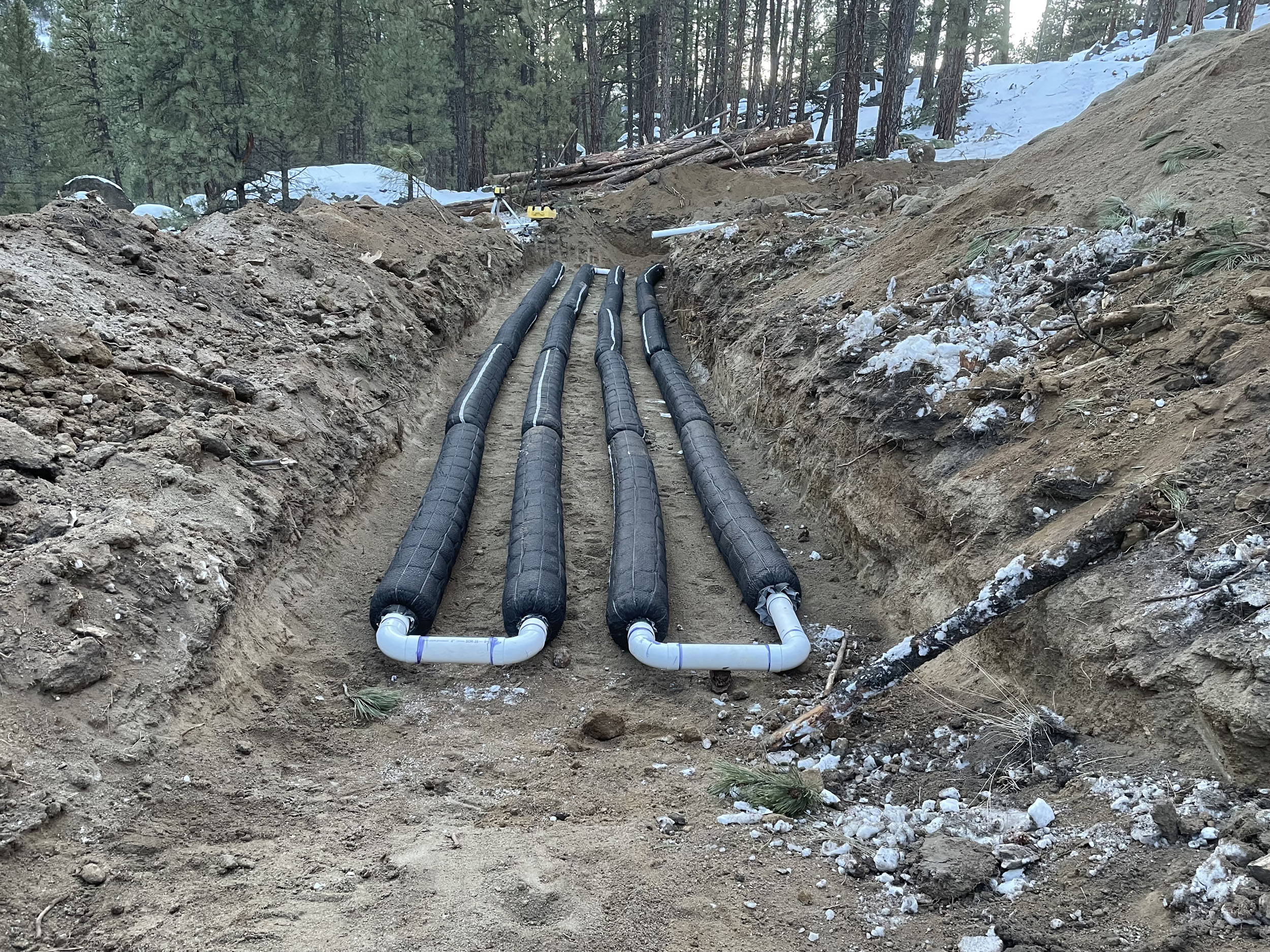A drain field, also known as a leach field is a vital component of a septic system that helps filter and distribute wastewater back into the soil. When a leach field fails, it can lead to costly and unpleasant problems like sewage backups and polluted groundwater. Knowing the signs of a failing leach field can help you take action before a major problem arises.
Here are some common signs that a leach field is failing:
1. Slow drains: If you notice that your sinks, toilets, and other drains are slow to empty, it could be a sign of a clogged or failing leach field. Wastewater may be backing up into your pipes, causing slow drainage and unpleasant odors.
2. Wet spots or standing water: A leach field that is not functioning properly may cause wastewater to pool on the surface of your lawn. This can lead to soggy or muddy spots, as well as unpleasant odors.
3. Foul odors: A failing leach field can produce a variety of unpleasant odors, ranging from a musty smell to a strong sewage odor. If you notice any unusual smells around your septic system, it’s important to have it inspected as soon as possible.
4. Unhealthy vegetation: If the grass or plants around your septic system appear unhealthy or patchy, it could be a sign of a failing leach field. The excess moisture and pollutants can damage the roots and cause the vegetation to wither or die.
5. Sewage backups: If wastewater is backing up into your home, it could be a sign of a serious problem with your septic system. This can lead to health hazards and costly damage to your home.
If you notice any of these signs, give Freedom Fabrication a call. A failing leach field can lead to serious health hazards and environmental problems, so it’s important to address the problem as soon as possible. By taking action early, you can avoid costly repairs and keep your septic system functioning properly for years to come.

